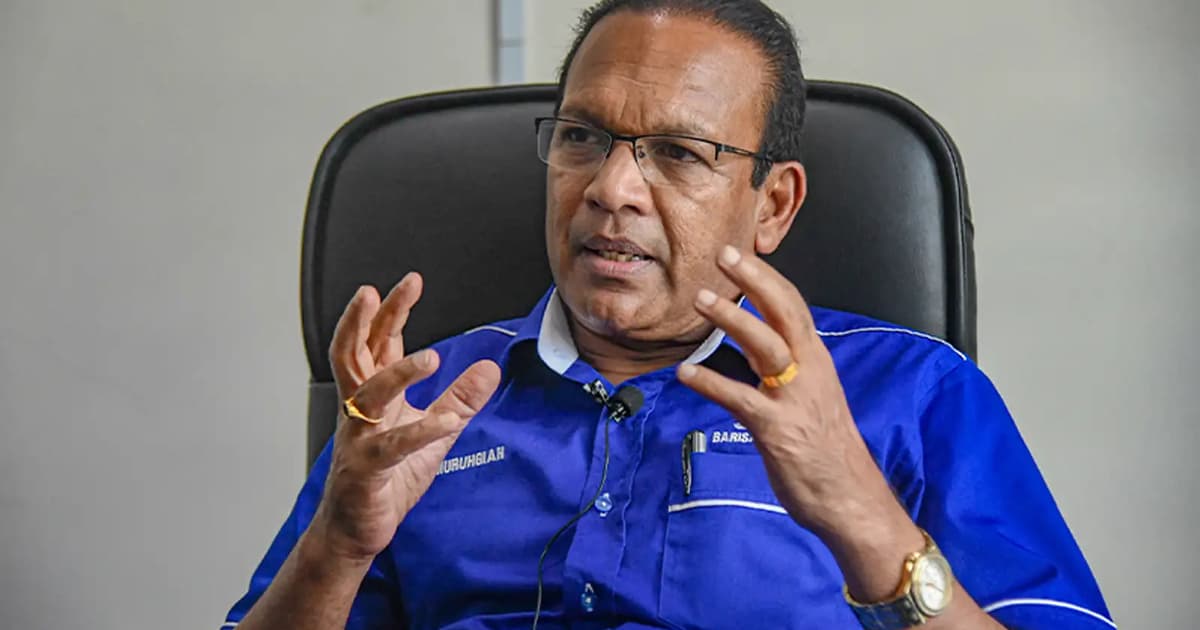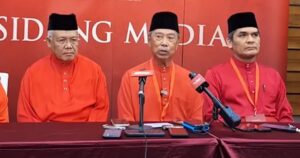
Three political analysts have dismissed an MIC leader’s claim that the party may someday contest for a seat in the Sabah assembly, citing the state’s complex political terrain and the limited size of its Indian electorate.
James Chin of the University of Tasmania pointed out that there was no constituency in Sabah with an Indian electorate exceeding 5%.

“The Indian community is insignificant politically. The biggest hurdle is credibility: if MIC contests, everyone will ask who they are trying to represent,” he told FMT.
The demographic makeup of most seats in Sabah is characterised by a mix of ethnic groups, primarily comprising Muslim Bumiputeras, non-Muslim Bumiputeras and Chinese.
According to MyCensus 2020, Indians make up only 0.2% of the state’s population.

Azmi Hassan of Akademi Nusantara, and Universiti Malaysia Sabah’s Lee Kuok Tiung said MIC would also struggle to overcome scepticism as a peninsula-based party.
“It’s going to be difficult for them to find a partner. And the partner will also think twice because MIC is from the peninsula,” Azmi said, adding that MIC lacks political traction even in Peninsular Malaysia.
Lee pointed to the dominance of local parties. “Sabah MIC is in a political environment crowded by local parties. This makes it even harder for them to get winnable seats without upsetting potential partners,” he said.

He said it would be more realistic to pick an MIC representative for one of the six nominated assemblyman’s posts.
“However, Sabah MIC needs to show that it is a ‘local’ party and not an ‘imported’ version from Malaya,” he said.
The analysts were commenting on MIC vice-president T Murugiah’s remarks that the party might one day contest in Sabah to represent the Indian community.
Murugiah, who heads the MIC Sabah chapter, said if Chinese-based peninsular parties could contest in the state, MIC should be allowed to do the same.
He also said MIC could consider “joining a party” to ensure the welfare and needs of Indians in Sabah were met.






